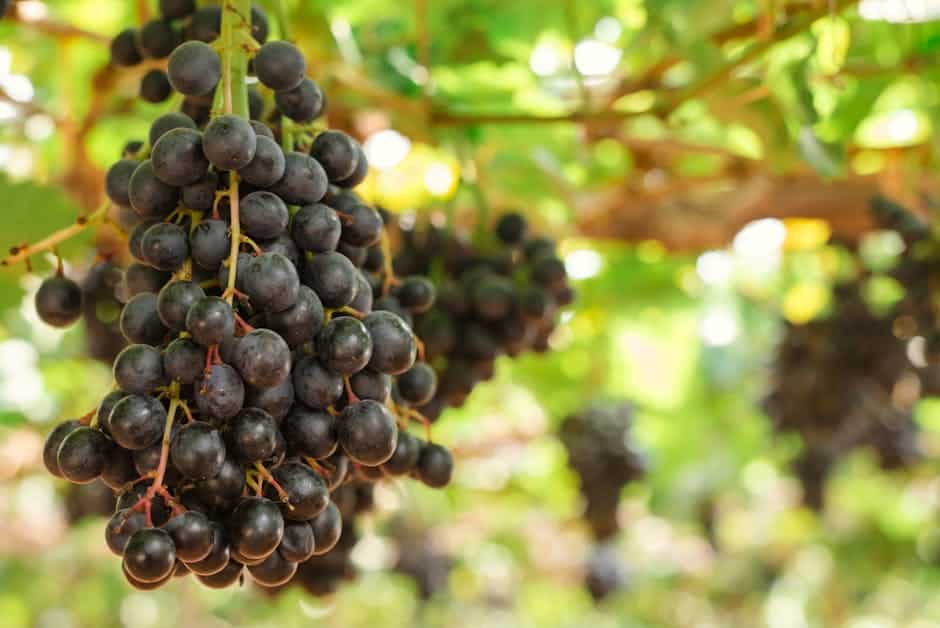Can Potatoes Thrive in Hydroponic Systems?
Potatoes are a staple crop that is widely grown in traditional soil-based farming systems. However, with the advancement of hydroponic technology, it is now possible to grow potatoes hydroponically. This raises the question: Can potatoes thrive in hydroponic systems? Let’s explore the advantages and challenges of growing potatoes hydroponically to find out.
The Advantages of Growing Potatoes Hydroponically
There are several advantages to growing potatoes hydroponically, which make it an attractive option for farmers and gardeners:
- Year-round yield: One of the major advantages of hydroponic systems is the ability to cultivate crops throughout the year, regardless of the season or climate. This means that potatoes can be grown continuously, ensuring a steady supply of fresh produce.
- Healthier and happier plants: Hydroponic systems provide plants with precisely controlled environmental conditions, including temperature, lighting, and nutrient levels. This optimal environment promotes healthy plant growth and development, resulting in healthier and happier potato plants.
- Complete control over the environment: In hydroponics, growers have full control over various environmental factors such as temperature, humidity, and lighting. This allows for the customization of the growing conditions to suit the specific needs of potato plants, leading to better overall performance.
- Fewer pests, bacteria, and diseases: By eliminating soil from the equation, hydroponic systems minimize the risk of soil-borne pests, bacteria, and diseases that can negatively impact potato crops. This reduces the need for pesticides and promotes a more environmentally friendly approach to farming.
- Higher yields: Hydroponic potato plants, when properly cared for and managed, have the potential to yield significantly higher crop yields compared to traditional soil-based methods. Some sources suggest that hydroponic potatoes can yield up to 1,500% more than soil-grown potatoes.
The Challenges of Growing Potatoes Hydroponically
While there are numerous advantages to growing potatoes hydroponically, there are also some challenges that need to be considered:
- Tuber varieties: Larger tuber varieties may not perform as well in hydroponic systems compared to smaller varieties, so careful selection of potato varieties is necessary for successful hydroponic cultivation.
- Root rot: Hydroponic potato plants are susceptible to root rot if the pH levels fluctuate or if the reservoirs are not well-aerated. Maintaining proper pH levels and ensuring good aeration in the system are crucial to avoid root rot.
- Calcium supplementation: Proper tuber development in hydroponic potato plants may require additional calcium supplementation. This is because calcium is typically obtained from the soil in traditional cultivation methods, but in hydroponics, it needs to be provided through nutrient solutions.
- Moisture sensitivity: Potatoes are sensitive to excessive moisture, and overwatering or keeping the plants in a soggy system can lead to rot. Proper drainage and careful water management are essential to prevent moisture-related issues in hydroponic potato cultivation.
- Tuber diseases: Potatoes are prone to various tuber diseases, and hydroponic systems are not immune to these issues. Proper hygiene practices, disease prevention strategies, and pest management are crucial for maintaining the health of hydroponic potato plants.
Requirements for Growing Potatoes Hydroponically
For successful hydroponic potato cultivation, certain requirements need to be met:
- Light cycle and temperature: Potatoes require a longer light cycle of 6 to 12 hours and a water temperature of about 70°F to 75°F for optimal growth.
- pH level: The pH level in a hydroponic potato system should be around 6.0 to ensure proper nutrient uptake and plant health.
- Grow bed and spacing: Hydroponic potato plants require a larger grow bed compared to other crops. Sufficient space should be provided to accommodate the plant and root system, and proper spacing between plants should be maintained.
- Growing medium: Preferred growing media for hydroponic potatoes include perlite, peat, vermiculite, and other suitable options that provide adequate support and moisture retention.
- Nutrient control: In a hydroponic system, growers have precise control over nutrient levels, ensuring that potatoes receive the optimal balance of nutrients for healthy growth and development.
- Hygiene and pest management: Proper hygiene practices and effective pest management are essential to prevent disease outbreaks and ensure the overall health of hydroponic potato plants.
Conclusion
In conclusion, potatoes can thrive in hydroponic systems when the necessary requirements are met and the challenges are properly addressed. Hydroponic cultivation offers numerous advantages, including year-round yield, healthier plants, environmental control, and higher yields. However, it is crucial to select suitable potato varieties, maintain proper pH levels and aeration, provide calcium supplementation, manage moisture carefully, and implement disease prevention strategies. With the right approach, hydroponic potato cultivation can be a successful and sustainable method for producing this versatile and widely consumed vegetable.
Related Websites:
- WhyFarmit – Hydroponic Potatoes
- Gardening Tips – Growing Potatoes Hydroponically: A Full Guide
- Bigger Garden – Hydroponic Potatoes Growing Guide
- The Gardening Talk – Can You Grow Hydroponic Potatoes? Benefits, Challenges, and How-Tos
- Farm Hydroponics – Step-by-Step Guide to Growing Hydroponic Potatoes
FAQs:
Q: What is hydroponic growing?
Hydroponic growing is a method of cultivation that involves growing plants without soil, using nutrient-rich water instead.
Q: Can potatoes thrive in hydroponic systems?
Yes, potatoes can thrive in hydroponic systems with proper care and attention.
Q: What are the benefits of hydroponic growing?
Hydroponic growing offers several benefits, including faster growth rates, higher crop yields, efficient use of water and nutrients, and the ability to control growing conditions.
Q: What are the advantages of growing potatoes hydroponically?
Growing potatoes hydroponically provides potential benefits such as consistent and optimum nutrient supply, disease prevention, and the ability to grow potatoes in limited space or urban environments.
Q: What are some challenges of growing potatoes hydroponically?
Common challenges include managing nutrient requirements, maintaining proper oxygen levels, and ensuring root health. However, these challenges can be overcome with proper planning and monitoring.






